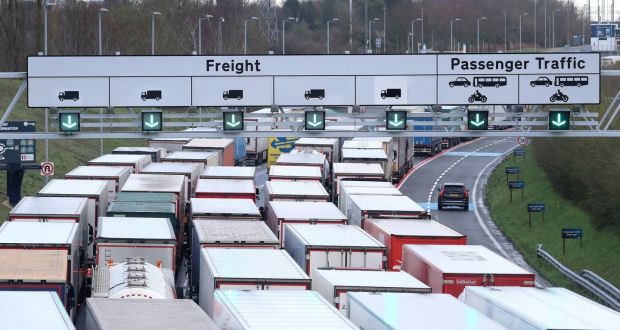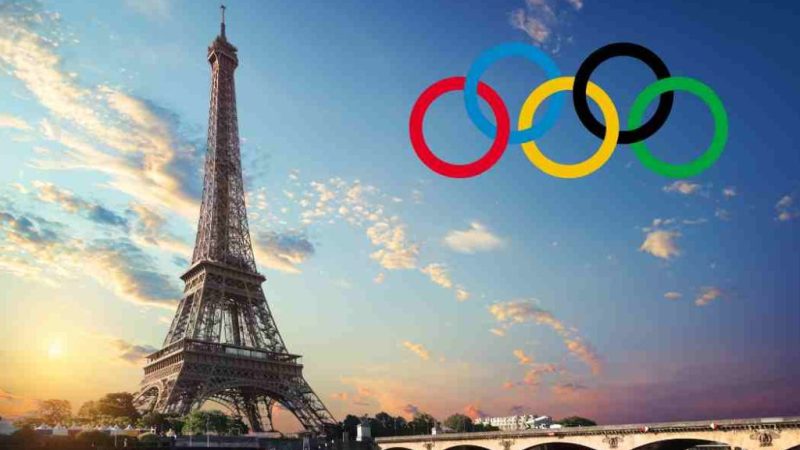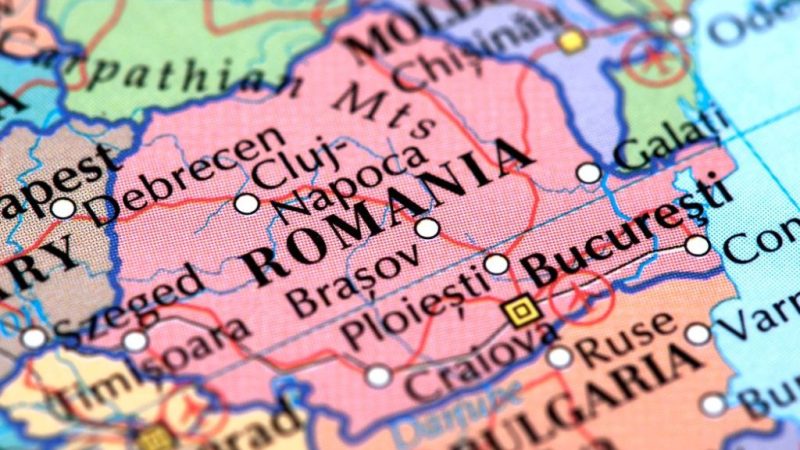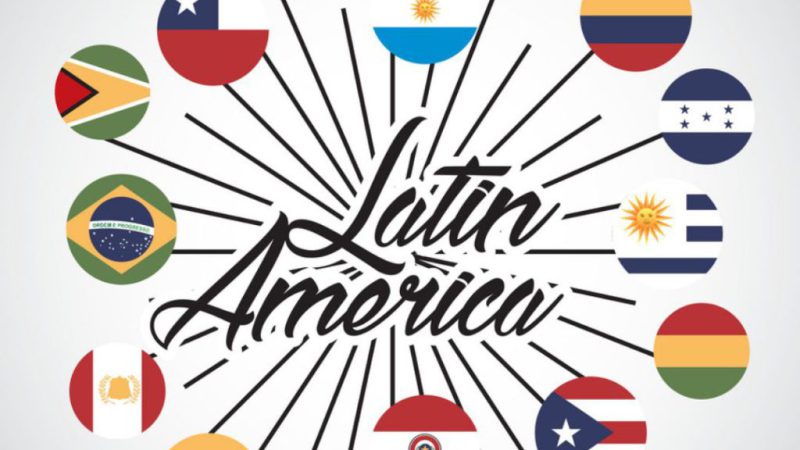In the beginning of this year there have been some changes in the rules of origin and how to use preferential tariffs when you buy and sell goods with the UK. We also explain upcoming changes to the requirement for supplier declarations to support proof of origin.
Rules of origin and how to use preferential tariffs for trade between the UK and EU
Rules of origin are one of the most important trading requirements you need to understand and meet if your business buys or sells goods internationally. These rules are used in trading agreements between different countries, like the UK’s deal with the EU – and vice versa, called the Trade and Cooperation Agreement (TCA). The rules are used to determine the country of origin of goods being imported and exported and whether they’re eligible for preferential tariffs.
The preferential zero tariffs in the UK-EU TCA mean that if you sell goods into the UK, your buyer brings the from the EU into the UK, you and your buyer needs to meet the rules of origin in the TCA, so your buyer will not need to pay any Customs Duty on those imports. You will be able to do the same for goods you buy from the UK.
To benefit from preferential tariffs, you as an exporter and your buyer must have proof that:
- goods they import into the UK from the EU originate in the EU
- goods you export from the EU to the UK originate in the EU.
What is ‘origin’
By ‘origin’ we mean where goods (or the materials, parts or ingredients used to make them) have been produced or manufactured. It is not where the goods have been shipped or bought from. Rules of origin are not the same for all types of goods. Different kinds of goods face different rules and specifications, called product-specific rules, so you need to check the individual rules for your goods.
You can find more information about rules of origin when trading between the EU and EK on GOV.UK. You can also watch the ‘Rules of origin recorded webinar’ for information on how to check if your goods meet the rules of origin requirements.
How to prove the origin of goods traded between the EU and UK
To benefit from preferential tariffs, the rules of origin requirements in the TCA must be met for:
- goods imported into the UK from the EU, and
- goods imported into the EU from the UK.
UK and EU importers will need to have one of the following proofs of origin:
- a statement on origin that the product is originating, made out by the exporter
- the importer’s knowledge that the product is originating.
You can find more information about how to prove the origin of goods you trade between the UK and EU on GOV.UK.

New requirements for supplier declarations from 1 January 2022
For some goods, you, as the exporter may also need to hold supplier declarations. Supplier declarations are documents that your supplier provides to you, that help you establish whether the goods you’re exporting meet the product-specific rules of origin. These are needed as supporting evidence to confirm the origin of the goods, when the manufacture alone is not enough to meet the product specific rules of origin.
From 1 January 2022, if you make out statements on origin for goods you export to the UK, you must have supplier declarations (where needed) at the time you export your goods.
Between 1 January and 31 December 2021, you have been allowed to export goods to the UK using preferential tariffs without supplier declarations, as long as you were confident that these goods met the rules of origin. This was to allow you more time to get your supplier declarations afterwards. This temporary easement will end on 31 December 2021 and you must hold supplier declarations for goods you’ve exported this year.
If you cannot provide a supplier declaration, or other suitable evidence, to confirm the EU origin of goods you exported to the UK between 1 January and 31 December 2021, you must let your UK customer know.
If you’re asked to verify the origin of your goods and you can’t provide this supporting evidence:
- your UK customer will be liable to pay the full (non-preferential) rate of Customs Duty,
- you may be charged a penalty, and
- you may be excluded from using preferential tariffs going forward.
You can find more information about using a suppliers’ declarations to support a proof of origin on GOV.UK.
Where you can get help with importing and exporting
There is a range of webinars and YouTube videos on importing and exporting with the UK and EU that you can watch by going to the help and support for UK transition page.
If you export to the UK, the recently launched UK government Export Support Service is a free service giving you access to online and phone support. You can access it on GOV.UK or by calling +44 (0)300 303 8955 where you will be put in touch with a member of the dedicated export support team in the UK.
Contact Borders and Trade, HMRC UK
The customer service advisers are available to answer your queries on the Customs and International Trade helpline. They’ll help you with importing, exporting and customs reliefs, including rules of origin. Their helpline is open from 8am to 10pm Monday to Friday and from 8am to 4pm at weekends. Call +44 (0)300 322 9434 to speak to an adviser.
Seabourne will continue to provide guidance and support to help you and your business, including information on GOV.UK, and possible changes crossing the UK borders. Do you have an urgent question about how we can help you to trade from and to the UK? Contact us today.



